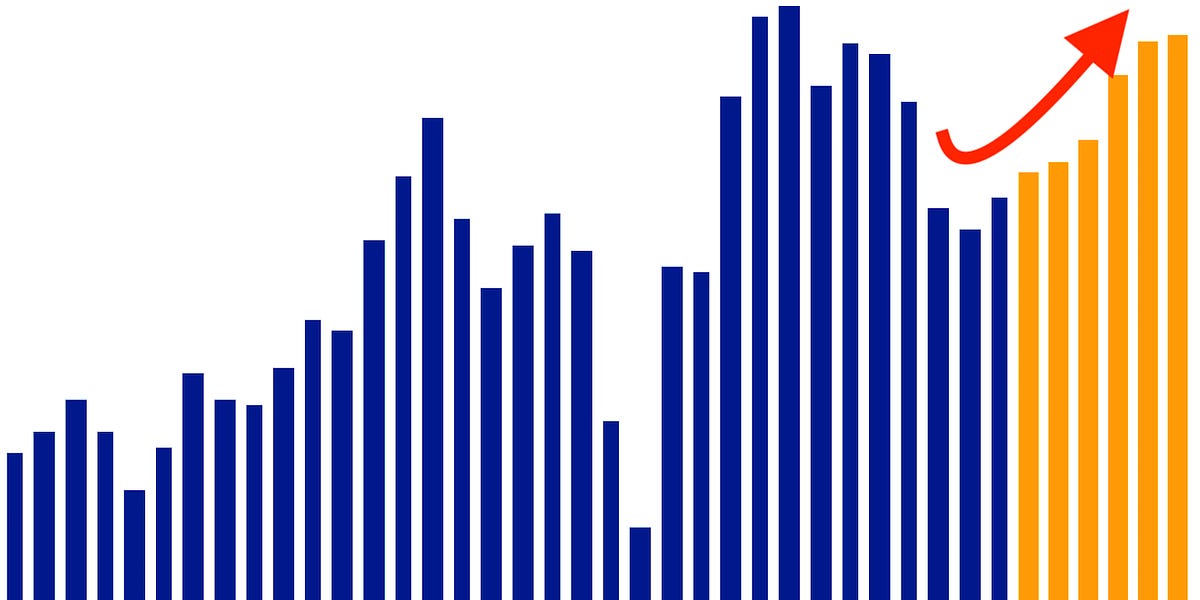





Stock markets around the world are closely monitoring inflation reports and interest rates as they brace for the potential impact on the economy and monetary policy trajectory [7f1814ea] [606f636d]. The recent release of the US consumer price inflation (CPI) data has raised concerns among investors, with the possibility of higher interest rates to combat stubborn inflation [42b6c76e]. This has led to a mixed performance in global stock markets, with some indices reaching new highs while others experience volatility [7f1814ea]. In Europe, markets opened mostly lower following disappointing economic data from China and concerns about the Federal Reserve's ability to control inflation [ef082481]. Eurozone industrial production figures are also expected to show a worsening output change, adding to the cautious sentiment [ef082481]. Oil prices have been another factor impacting stock markets, with fluctuations driven by supply concerns and geopolitical events [7f1814ea]. Overall, investors are closely watching economic data releases, earnings reports, and the upcoming Federal Reserve meeting for further insights into the path forward for monetary policy and stock market performance [976ede93].
Profit margins play a crucial role in the stock market, and investors are closely watching them [d4687868]. Factors such as inflation expectations, wage growth, consumer spending, and interest rates can all impact profit margins [d4687868]. Additionally, jobless claims and the performance of unprofitable firms are also important indicators to consider [d4687868]. It is important to understand the relationship between stock prices and earnings, as well as the impact of rising interest rates and yield curve inversions [d4687868]. Historical data shows that stock market performance during recessions can vary, and the long-term performance of the S&P 500 is a key benchmark for investors [d4687868]. However, it is worth noting the challenges of stock picking and the underperformance of fund managers [d4687868].
Margin calls can be painful for investors trading with borrowed cash. This article explains what a margin call is and why they happen [89cbe538]. Margin trading involves borrowing money from brokers to invest with larger buying power. A margin call occurs when a trader's account is facing significant losses and the broker demands more money to cover potential repayment risks [89cbe538]. The article provides examples to illustrate the consequences of margin calls and emphasizes the importance of understanding a broker's structure and requirements before engaging in margin trading [89cbe538].
Overall, investors are paying close attention to profit margins and the various factors that can impact them in order to make informed decisions in the stock market [d4687868]. They are also aware of the potential risks associated with margin trading and the possibility of margin calls [89cbe538].